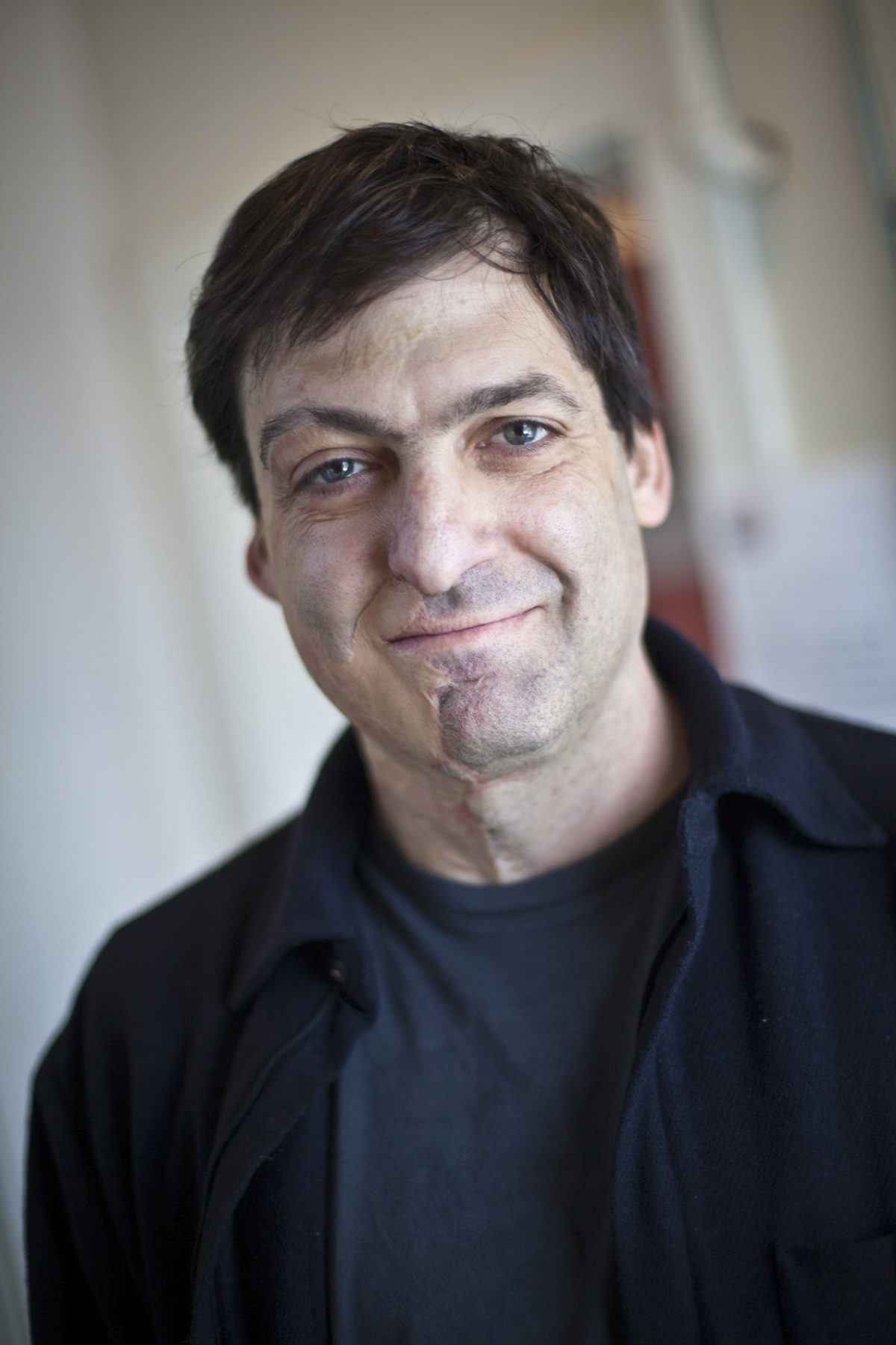New York Times best-selling author Dan Ariely’s mission in life is to figure out when humans make decisions outside of their best interest, what causes them to do so and how they can fix it.
Ariely, James B. Duke Professor of Psychology and Behavioral Economics at Duke University and founder of the Center for Advanced Hindsight, will explore how some emotions dictate our decisions at 10:45 a.m. Monday in the Amphitheater, when he dives into the emotion of fear.
His path to exploring humanity’s decision-making process started from a dark place.

After being caught in an explosion when he was 18, Ariely spent three years in the hospital recovering from third-degree burns. He didn’t agree with how the nurses handled his treatment: specifically, how fast they changed his bandages in his daily bathing, which caused him severe pain.
Once recovered, Ariely researched other ways to handle burn victims, finding better treatment methods. However, he doesn’t blame the nurses for going with their gut.
“The nurses weren’t doing it because they were evil; they just had the wrong gut intuition,” Ariely said. “There’s many times in life where we base decisions on our gut and what we think is correct, but we don’t actually know.”
Ariely said people often make irrational decisions because we go with our gut and let our emotions take over.
One of the most powerful emotions is fear.
When Ariely thinks of fear, he pictures a snake. According to Ariely, a bird is born with a cell in their brain that tells them that snakes are dangerous, meaning they don’t learn to avoid snakes, it’s just instinct.
“Their brain reacts when they see snakes and it gets them to run away,” Ariely said. “Fear is this incredibly basic reaction that tells you something is negative and to either run away or do something about it.”
Ariely’s main fascination with fear is how it takes over our thinking.
“We don’t feel fear and think at the same time,” Ariely said. “It’s an automated response we’ve acquired to deal with our world.”
Of course, Ariely said, the fact that we’ve been programmed to act in a certain way doesn’t make it correct or rational.
To demonstrate this, Ariely will talk about the case of Jessica McClure, who captured the nation’s attention in the late ’80s when, as a baby, she fell down a well and was stuck there for 58 hours until rescuers could pull her out.
Ariely said that the amount of money and gifts sent to “Baby Jessica” showed how emotions can tamper with rational thinking.
“It was wonderful in many ways, but we also have to recognize that by the time she was out of the well, she was out,” Ariely said. “She didn’t need all that money or media coverage. CNN spent more time on ‘Baby Jessica’ than they did on the conflict in Darfur.”
Ariely also sees irrational thinking in our fears, particularly terrorism.
“It’s disproportional to the amount of damage it creates,” Ariely said. “After 9/11, people were afraid of flying, so they reverted to driving. More people died because they started driving than the people who were on those planes. Eventually, driving is much more dangerous.”
But Ariely understands why people think this way.
“Terrorism has this element of somebody being out to hurt you; it’s completely out of your control and it’s a very frightening thought,” Ariely said. “With driving, you get behind the wheel and think you’re in control, but at any moment, someone can just bang into you.”
Ariely understands some of these forms of thinking can’t be changed, but he hopes the audience learns how fear and other emotions factor into our decision-making.
“It’s interesting that emotions being evoked determines our actions to a large degree,” Ariely said. “I want people to understand emotions in a better way and how they get us to behave for better or worse.”




